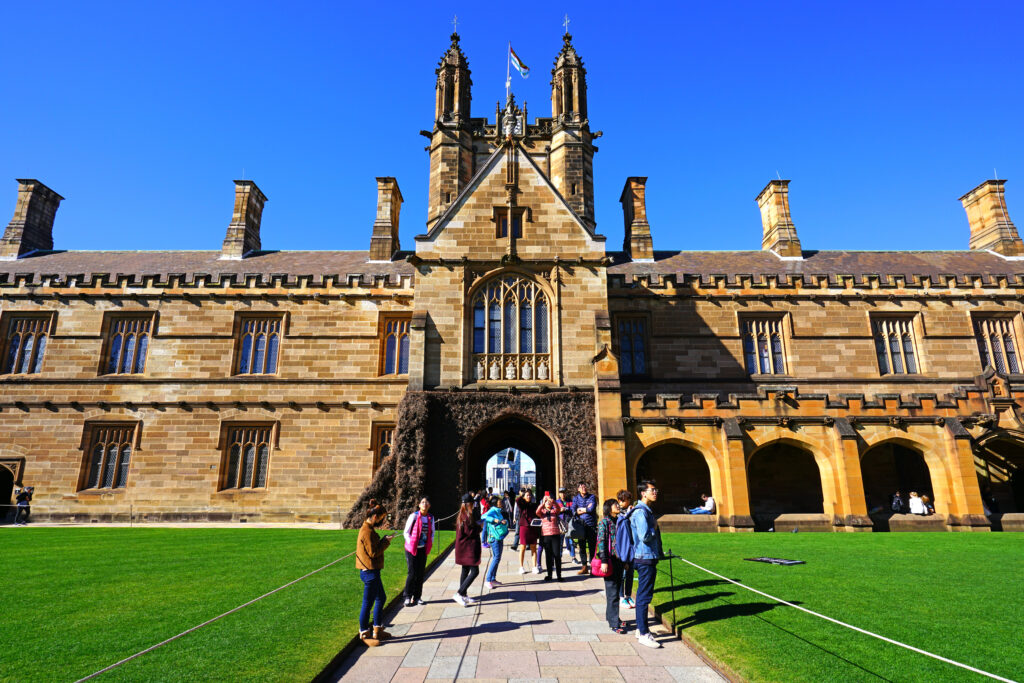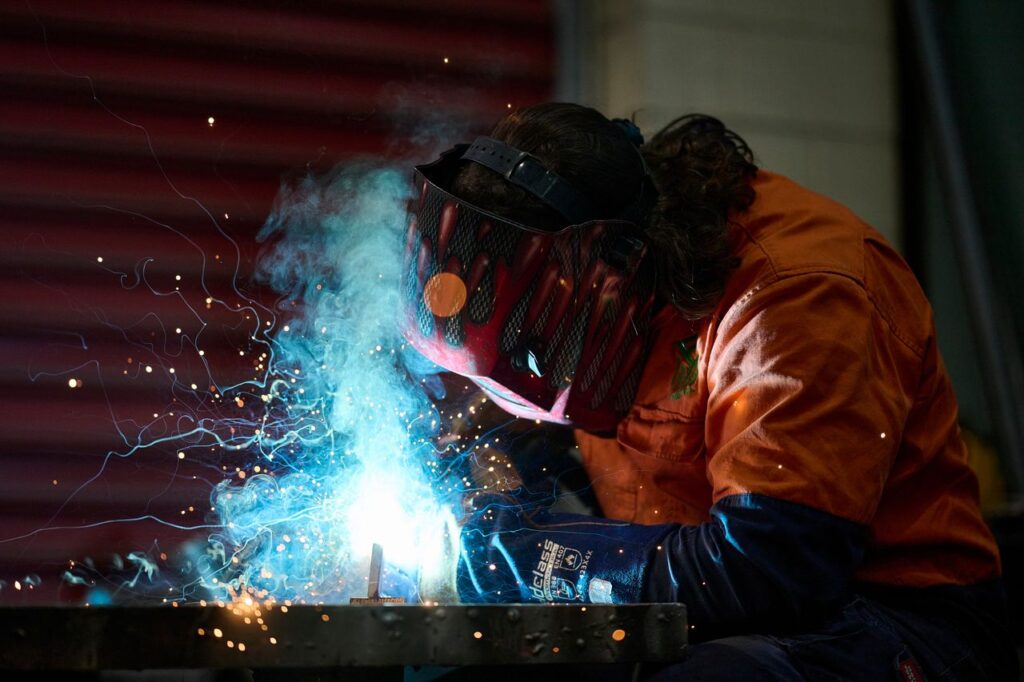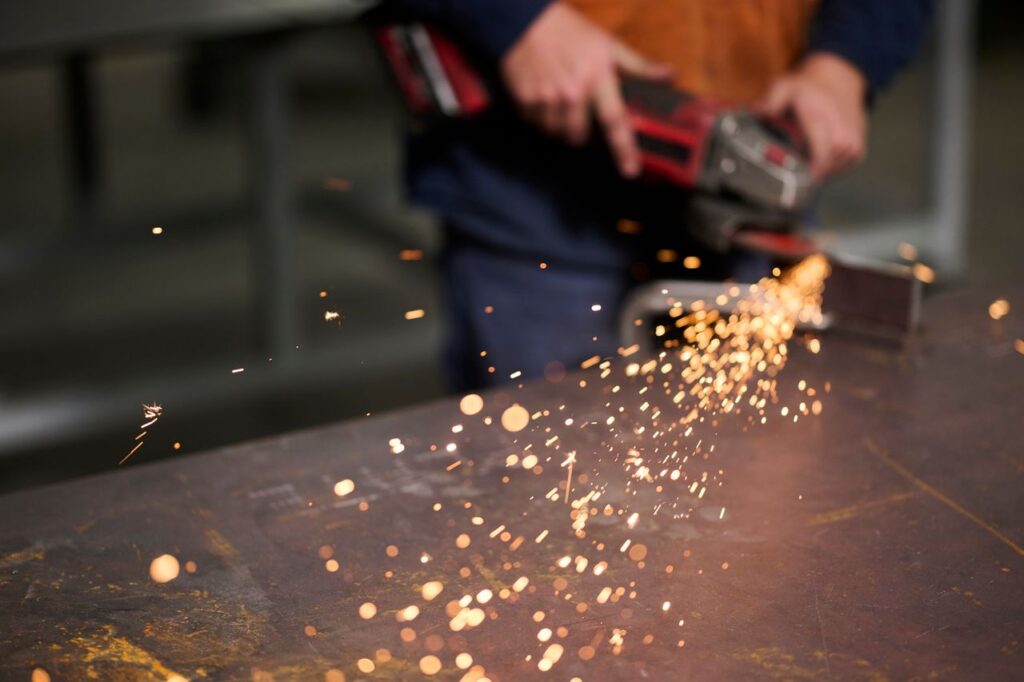Globalisation, automation and rapidly changing needs mean the future of employment will probably look very different to now. In fact, many current careers won’t exist in the next 10 to 20 years. So, it’s critical that students ask the important question: ‘Will my chosen study path lead to strong job opportunities after graduation and beyond?’
In this series, we’re exploring a range of occupations forecast to have strong employment prospects in the future. Some careers in the tech industry are quickly emerging. Plus, there are other existing careers that will also have an important place in the employment opportunities of tomorrow.
Today, we’re looking at aerospace engineering.
WHY AEROSPACE ENGINEERING?
Imagine the future. What do you see? Asteroid mineral mining? Human space travel to Mars? The establishment of spacefaring multi-planetary civilisations?
Whilst these things may sound like a distant dream, the truth is that they’re closer than we think. And it’s the aerospace engineers who hold the most power in bringing these incredible inventions into existence.
Aerospace engineers invent, research, design, construct, test and maintain aircraft, spacecraft, satellites, and missiles. They use their knowledge of design, manufacturing, testing and the fundamentals of aerospace products to develop exciting new technologies for aviation, defense and space exploration.
Aerospace engineers are astronomically creative
Aerospace engineers are at the forefront of innovation. Leading Australian education facilities, like the University of Queensland, have already launched several world-class research projects, including Professor Paul Meehan’s research on incremental sheet forming technologies, and Professor Stephan Riek’s study of human factors in the flight deck and simulator technologies. Projects like these are changing the way we think about aerospace.
To address issues like flight safety, environmental impact and fuel efficiency, as an aerospace engineer you’ll have to be quick, creative and able to think outside of the box.
Aerospace engineers are explorers
You may be working directly with aerospace industries, getting hands-on experience working with prototypes, testing designs, and conducting maintenance checks alongside leading industry researchers. You might be firing rockets, tracking satellites, or repairing aircraft or ships after assessing their performance in the skies.
But don’t worry, there will be time to sit down. You could be tinkering at your desk writing code, making calculations, designing computer models for aerospace parts, or writing research papers on your discoveries.
Aerospace engineers can be jacks of all trades
Students of Mechanical and Aerospace Engineering have access to all the employment opportunities of a mechanical engineer but will also gain many more opportunities to become an aerospace engineer. Because of this, you’ll likely have the opportunity to work across many areas of manufacturing, analysis and design, and research and development. Essentially, you’ll be highly employable.
But there’s also huge scope for specialisation
Studying aerospace engineering offers a diversity of career options. Potential fields to specialise in include propulsion, thermodynamics, celestial mechanics, and aerodynamics. Or, if you have a passion for a particular aerospace product — such as missiles, rockets, helicopters, or military jets — you might choose to specialise in that particular product.
Aerospace engineering is the future
Aerospace engineers don’t just design the future; they are the future. Globally, private aerospace manufacturers such as Elon Musk’s SpaceX are steadily following in NASA’s footsteps. Because of this, start-ups are attracting big investors. More than ever, dynamic entrepreneurial opportunities in aerospace are emerging.
What’s more, in May 2018 the Australian government announced the establishment of the Australian Space Agency, which will further support the development of Australia’s space industry. This will give students studying in Australia even more opportunities to effectively compete in the global space sector, meaning many more projects, jobs, and discoveries are just beyond the horizon!
EDUCATION PATHWAYS
To qualify in the field of aerospace engineering, you may need to complete a Bachelor qualification in a similar field. Relevant career pathways may include:
- Bachelor of Engineering (Honours)
- Bachelor of Engineering (Honours)/Master of Engineering
MEET AN AEROSPACE ENGINEER
“I want to open the skies to everyone.”
Jessica Orr graduated from the University of Queensland (UQ) with a Bachelor of Education (Hons) in Mechanical and Aerospace and a Masters of Engineering. In her final year of study, Orr entered her thesis in the Australian Space Prize and was awarded a 10-week internship at NASA in California. Through the powerful connections she made at UQ, she also landed a graduate engineering position working at Boeing. She now works as a Stress Analyst on the Boeing 777X.
“I’m working at a world-class company,” says Orr. “Back when I was at UQ, the connections I made were absolutely invaluable. From day one, we were working closely with industry.”
In 2017, UQ entered into a partnership with global aerospace giant, Boeing. Following this, a purpose-built research and development facility was built in UQ’s Hawken Engineering Building, at the heart of the University’s engineering hub. Conveniently located near the UQ Centre for Hypersonics, the Queensland Brain Institute and the Australian Institute for Bioengineering and Nanotechnology, the building is now home to 30 Boeing engineers working alongside the university’s researchers and students.
“It’s really exciting,” says Orr. “From an engineering point of view, you can develop something that no one has ever thought of before.”
Boeing also supports many UQ initiatives, such as the UQ Engineering Design and Build Program, the HIFiRE Program and Scramspace. This partnership presents students with more opportunities than ever before.
“It was so much more than just a degree. They want you to succeed,” says Orr. “Seeing that Boeing logo as I walk through the door? It still wows me every day.”





